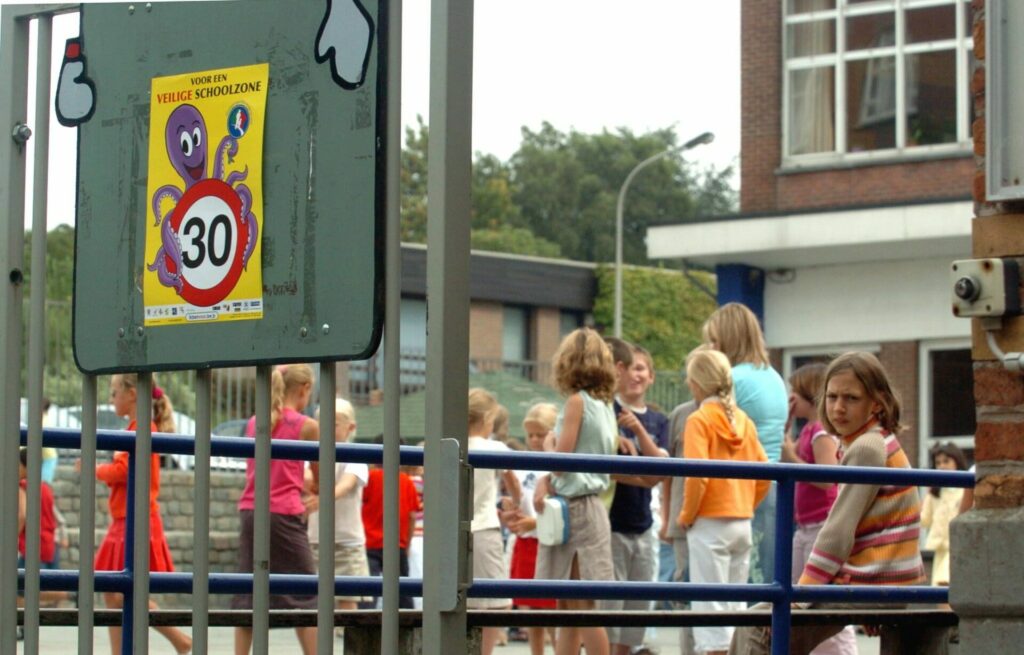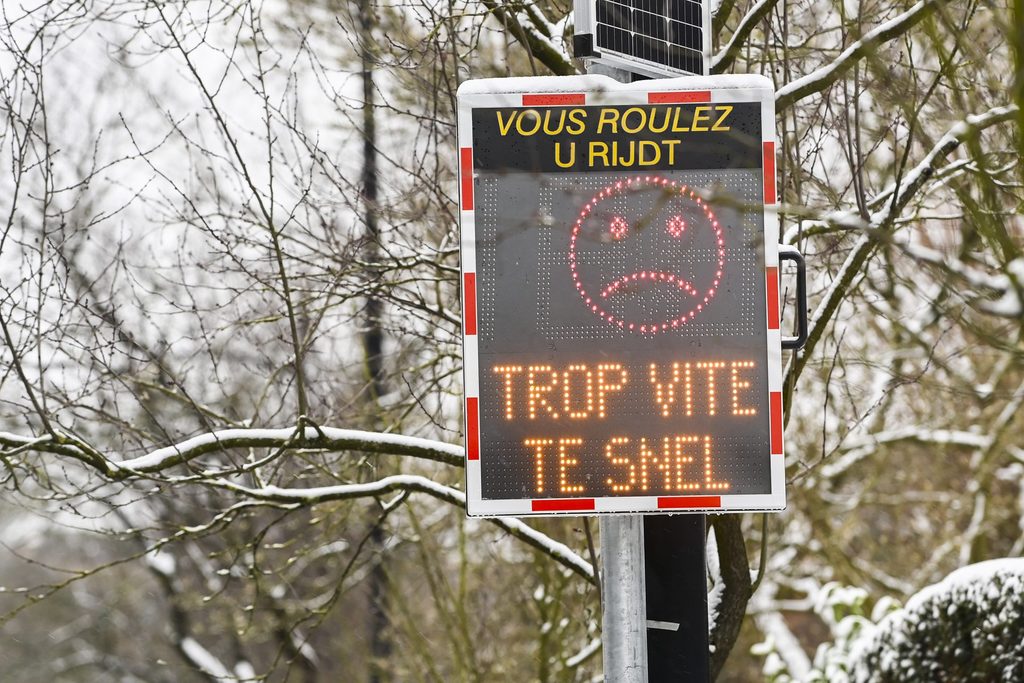Three Belgian city leaders, including Brussels City Mayor Philippe Close, have joined forces with others across Europe to call for the right of local authorities to set safer speed limits, in an open letter published in the Financial Times.
The letter, published on Thursday, follows central government initiatives in England and Italy that could hamper the power of cities and towns to implement road safety measures, such as lower speed limits and traffic enforcement cameras.
"One of the greatest concerns of our citizens today is traffic safety. And they are right! Politicians must therefore actively work on this. The City of Brussels is taking many initiatives to improve road safety," Close told The Brussels Times.
"We are tackling the environment at the school gate, organising school-friendly streets and ensuring the effective application of Zone 30. A city where everyone – the young and elderly, mobile and less mobile – can move around safely. In this way, we can ensure better road safety in our neighbourhoods and for our citizens."
Worrying trend
Meanwhile in Germany, more than 1,000 cities are calling for the right to set local speed limits – a policy that is currently heavily restricted by national rules and only permitted on a case-by-case basis for individual roads. A similar initiative in Austria was successful, with cities able to set their own speed limits and run enforcement operations from this year.
However, across Europe, there is "an emerging and worrying trend" of national governments attempting to make it difficult for cities to take action on road deaths through lower speed limits and other critical measures, the letter read.
In Italy, for example, the government has proposed a new road traffic law that would severely hamper the ability of local authorities to create low-traffic zones, install speed cameras and set lower speed limits. In England, a "plan for drivers" from central government aims for similarly restrictive measures.
"National policies like these, based not on science but political expediency, harm the ability of local authorities to make decisions on improving the safety and health of their citizens. And everybody loses," they added.

Credit: Belga
Lower speed limits in urban areas are preventing deaths and improving lives today in cities across Europe, they underlined. "This is not about restricting the freedom of cars, but about making the roads safer for everyone, reducing noise and pollution, and making the city more inviting for those who choose healthier forms of transport such as walking and cycling."
More than 70% of Europeans live in cities, towns and suburbs, whose populations already face health and environmental challenges. "Taking away the ability of local leaders to introduce simple, effective ways of reducing harm and improving lives cannot be justified."
In addition to the City of Brussels, Ghent Mayor Mathias De Clerq and Deputy Mayor Filip Watteeuw were the other Belgian signatories. Other (deputy) mayors signing the letter came from England, Finland, Italy, the Netherlands and Sweden.
Related News
- Not just an urban issue: 10,000 killed annually on EU's rural roads
- 'Quieter city, better quality of life': Brussels takes stock of three years of 30 km/h
- 'Everyone has role to play': Road deaths falling worldwide, except for cyclists
"Lower speed limits in our cities and towns are a low-cost, no-regret move to improve safety, reduce noise, and encourage walking and cycling," stressed Antonio Avenoso, Executive Director of the European Transport Safety Council. "There is absolutely no good reason to restrict the freedom of local authorities to take such measures."
Additionally, André Sobczak, Secretary General of Eurocities (a network of more than 200 large European cities) pointed out that cities are uniquely positioned to determine what speed limits and traffic measures are needed to keep their roads safe.
"Restricting their ability to implement those measures puts vulnerable road users at a higher risk," he said. "We urge national governments to heed this call from local leaders and empower them to carry out crucial interventions to make their streets safer and healthier."

